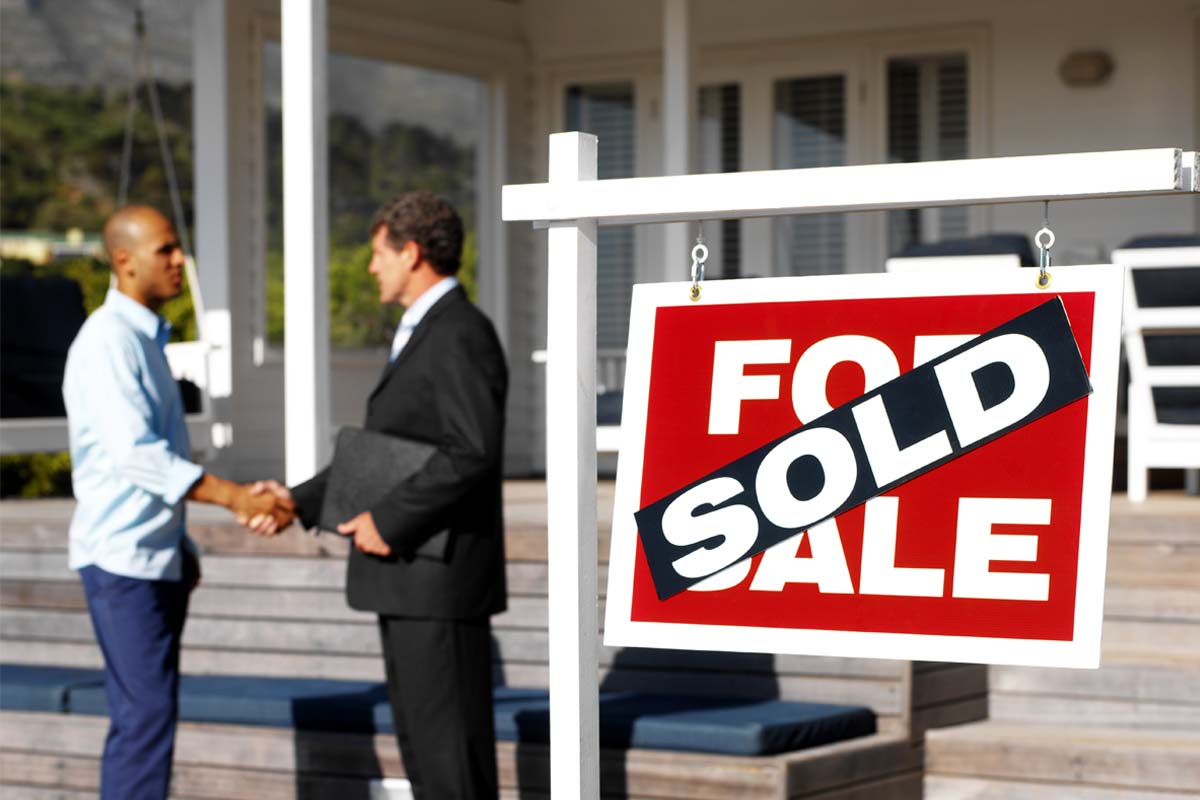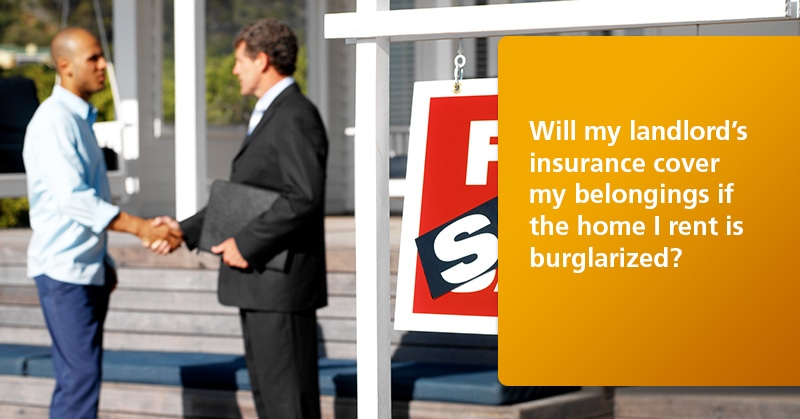Top questions asked about home insurance

Home insurance may seem pretty straightforward. You want know that if something happens to the roof over your head or its contents that you’re covered by your insurance policy. Still there are some grey areas that you need to be aware of.
These are the top questions that insurance brokers are asked about home insurance.
1. What’s the difference between market value and replacement cost?
Replacement cost and market value are two very different things as they relate to your home.
Market value is the amount for which your home would sell in today’s market in its current condition. But market values fluctuate and can be difficult to predict. If your home is destroyed by fire or another disaster years later, there is no guarantee that the home’s market value (assessed at the time your policy was taken out) would cover the cost of rebuilding.
Replacement cost is how much it would cost to rebuild your home if it were completely destroyed at today’s prices. Usually, the replacement cost covers plans and permits, labour and materials, and fees and taxes.
In general, insuring your home for its replacement cost - not its market value, is the best way to go. However, you should also review your home’s current replacement cost regularly in case you need to update your coverage.
2. Why is my insurance policy based on your assessed value of my home and not the tax assessment?
When assessing the value of your property for tax purposes, city officials look at the value of the land, home construction costs, market conditions and appreciation/depreciation.
Insurance companies however look at other things. They look at how much it would cost to tear down the damaged structure, take away the debris, and rebuild a similar home on the site. This value is the maximum amount the insurance company would pay if your current home were completely destroyed.
Many homeowners use their tax assessment appraisal to determine the value of their home for insurance purposes, which can be a mistake. Your home’s assessment value may in fact be higher than its insurance value, meaning you could be paying inflated premiums unnecessarily. The best thing to do is to get an insurance appraisal for your property.
3. We recently had a flood and my agent tells me that the damage is not covered. Our policy includes water damage. Why are we not covered?
While it’s true that some water damage is covered by your homeowner’s insurance, flood damage is not. Basically any water coming into your home from pipes, drains, septic tank, eavestroughs or downspouts that causes damage is not covered.
If your home is located in a high risk flooding area, it’s a good idea to take out a specific flood insurance policy.

4. I had a break-in at the house I’m renting. Will the landlord’s home insurance cover the items that were stolen?
No. Your landlord’s property insurance covers the structure only – not damage to or loss of the contents. You are responsible for insuring your personal possessions.
Tenant insurance also provides personal liability coverage in case someone is accidentally hurt while visiting you. It also provides coverage if you accidentally cause damage to the rental property.
5. I run a small business from my home. Does my home insurance policy cover my equipment, supplies and merchandise?
There may be a small amount of coverage in your homeowner’s insurance policy for these items – but it is not usually enough to cover the full cost of replacement. Check to see what the limit is on your policy.
Also, if you run a home-based business, it is highly recommended that you have a general liability policy to protect you against liability claims. The liability on your home insurance policy will not cover you if a person such as a client or courier is injured while on your premises for business-related reasons.
6. How can I lower my premiums?
Here are a few ways you can reduce your home insurance premiums:
- Increase your deductible to the highest amount you feel can afford
- Install burglar alarms and fire alarms/sprinkler systems and make sure your insurance broker is aware you’ve taken these steps to protect your home
- Avoid making a claim for smaller things. Slight losses – such as a bike stolen from your garage – can work against you by raising your premiums over time.
- If you have a new roof or furnace, make sure your policy reflects the improvements
- Ensure the replacement cost of your home and its contents are accurate on your policy. For example, have you sold a big-ticket item that no longer requires coverage?
- If you’ve recently downsized your home, your insurance premiums should reflect that
- Opt to pay your premiums annually, rather than monthly
- Bundle your home and auto insurance together for a discount
As always, the best advice is to read your home insurance policy thoroughly so you are confident you have adequate coverage. If in doubt, your insurance broker is available to answer your questions.



